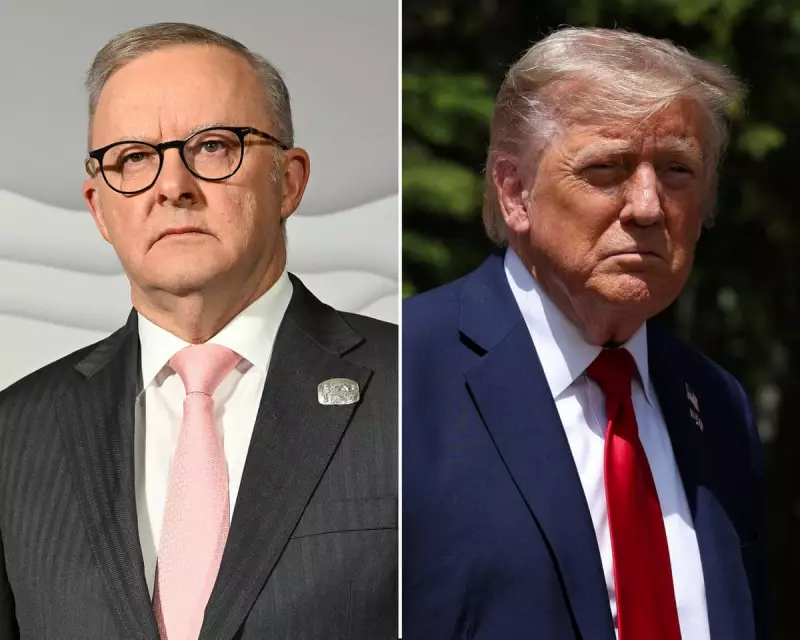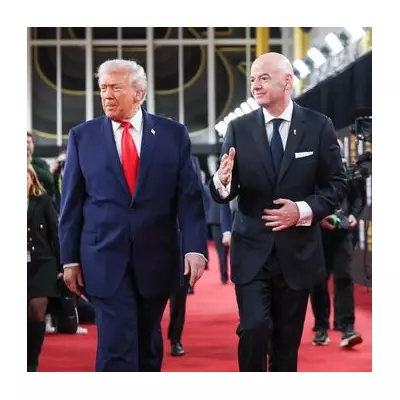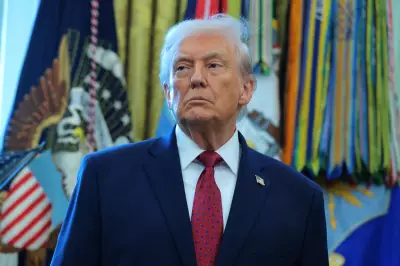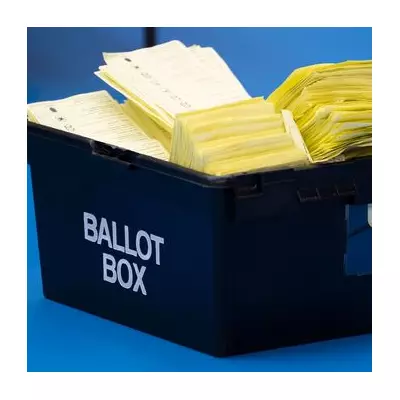
In a significant diplomatic development, Australian Prime Minister Anthony Albanese has been unable to secure a private, one-on-one meeting with US President Donald Trump during the high-stakes UN General Assembly in New York. This omission is being closely watched by foreign policy experts as a potential indicator of the new American administration's priorities.
A Missed Opportunity for Pacific Allies
The anticipated meeting was seen as crucial for reaffirming the strong historical ties between the two nations. Instead, Mr Albanese will engage with President Trump as part of a broader gathering with the leaders of the 'Quint' nations—a group that includes Japan and India alongside Australia. While this forum is important, it lacks the depth and focus of a dedicated bilateral discussion.
Official statements from the Australian leader's office downplayed the significance, framing the group meeting as a "great opportunity." However, the absence of individual face-time is a notable departure from the access typically granted to Australian prime ministers by previous US presidents, highlighting the unpredictable nature of the new Trump presidency.
Strategic Implications for the Pacific Region
This diplomatic event carries considerable weight for regional security and economic partnerships. Key topics that would have been on the agenda for a private meeting include:
- AUKUS Pact: The future of the critical security agreement and the planned acquisition of nuclear-powered submarines.
- China's Influence: Coordinating strategies to address China's growing presence in the Pacific.
- Trade and Economics: Ensuring stable trade relations and navigating potential new policies from the Trump administration.
The situation underscores the challenges world leaders may face in building a direct rapport with President Trump, whose approach to international diplomacy often diverges from established norms.
Looking Ahead: The Quint Meeting
All eyes will now be on the upcoming group meeting. Analysts will be scrutinising the dynamics between the leaders for any signals about the future of US engagement in the Indo-Pacific. The outcome of this multilateral discussion will be pivotal in shaping Australia's diplomatic strategy moving forward.





